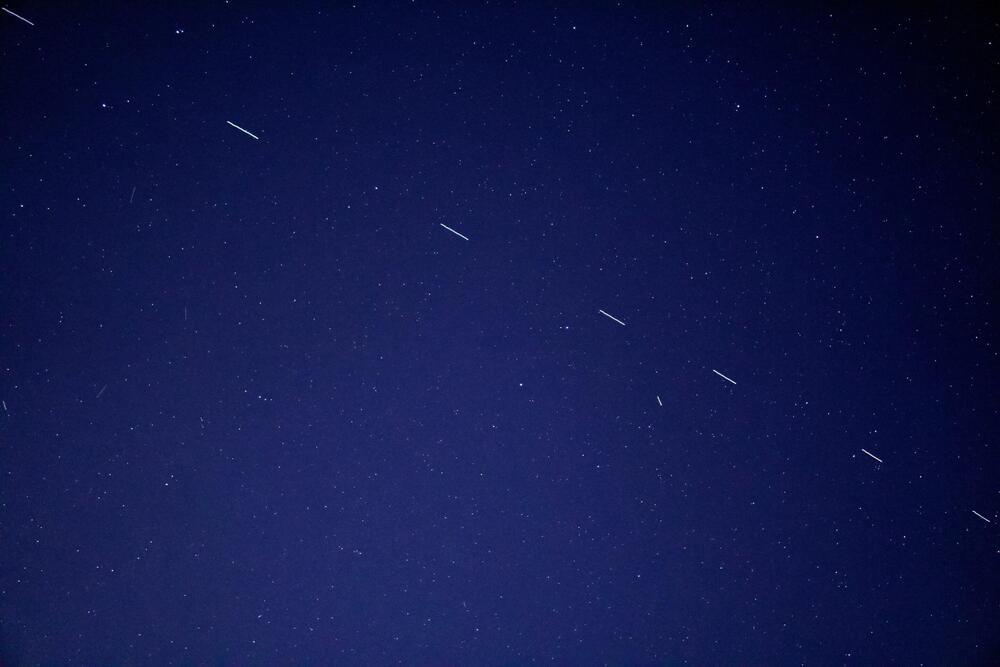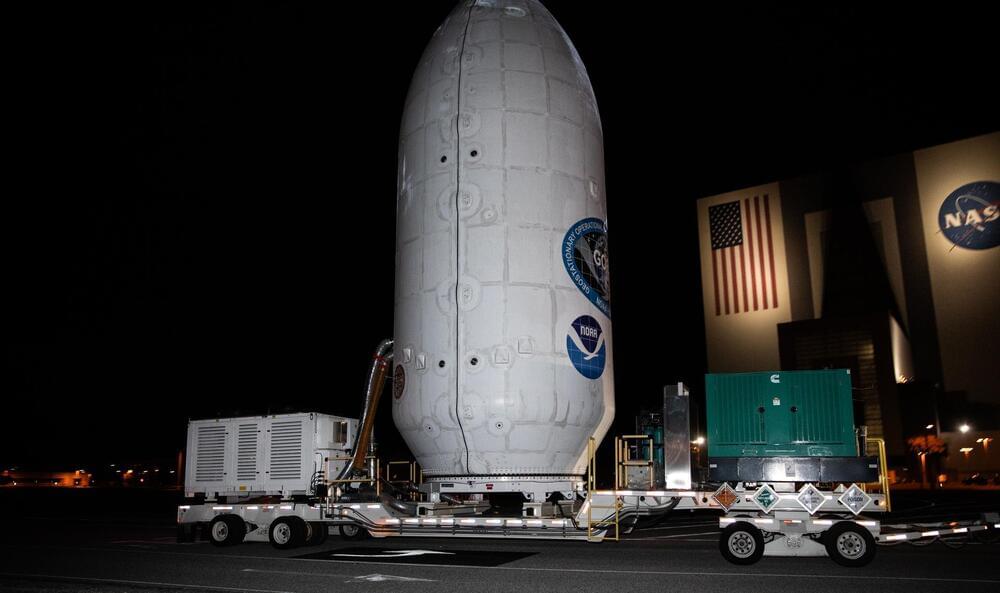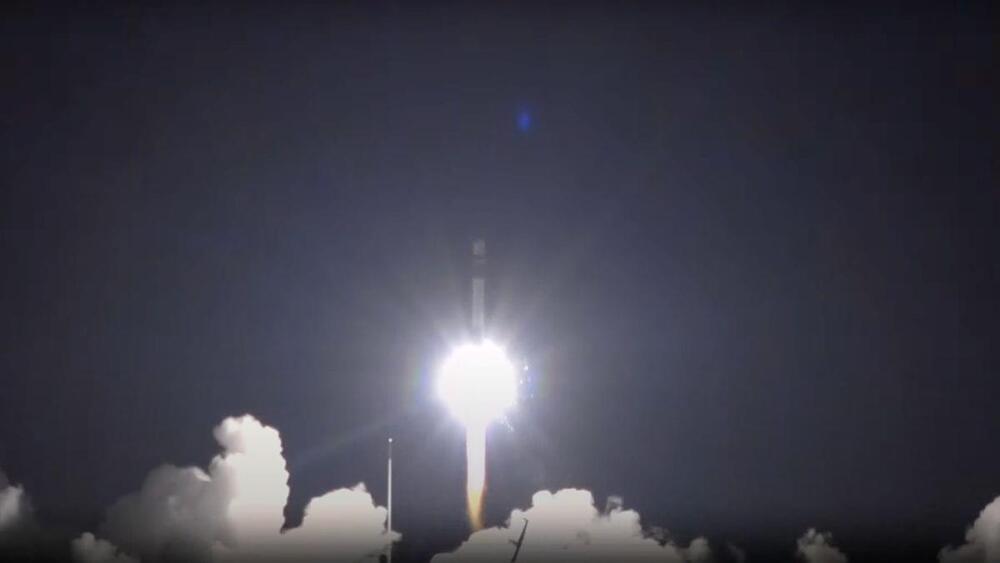Start speaking a new language in 3 weeks with Babbel 🎉. Get up to 60% OFF your subscription ➡Here: https://bit.ly/3VPFjJg.
Here is a link to Astroport’s website: https://explorationarchitecture.com/a…
Landing on the moon is difficult due to its uneven surface and the presence of #regolith, a layer of loose, fragmented material. Regolith is problematic because it can damage equipment and pose safety risks during landings. Using regolith to create bricks for building landing pads is a smart use of in situ resource utilization, reducing the need to transport materials from Earth. Astroport Space Technologies in San Antonio, Texas, is developing technology to manufacture these regolith bricks, aiming to create safe, durable landing sites on the moon.
____________________
Thank you for supporting my channel.
My channel started as a way to keep people up to date on the world of SpaceX’s Starlink, the satellite internet service. The channel has grown to include the broader Elon Musk universe, and mainly focus on the development of Starship.
#SpaceX #starship #elonmusk #starbase.
Your support for my channel means a lot. Thanks for watching and if you have any video ideas, shoot me an email, [email protected].
Find me on instagram, @elianainspace.
Order your own 3D printed Starship at:
https://stardesk.peachs.co/a/eliana-s…
Want to support Ellie in Space?
Join my Patreon here: https://www.patreon.com/user?u=47580275
Logo creator: https://www.tonybela.com/






